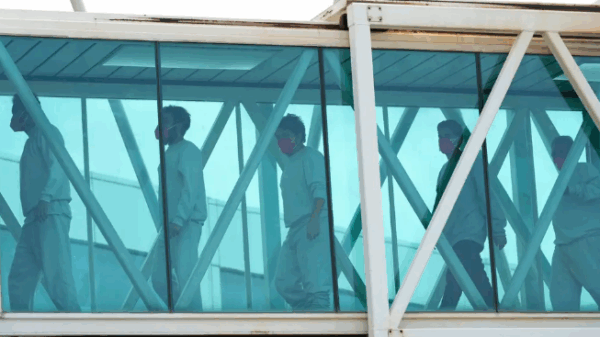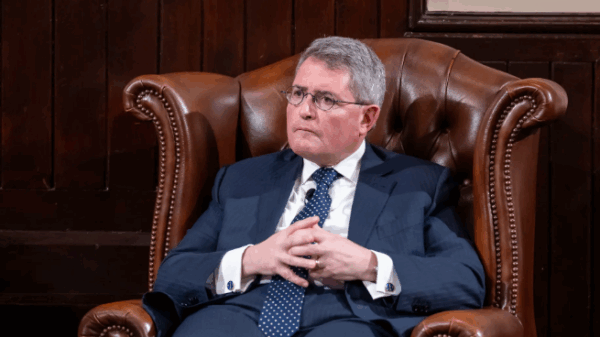As Belarus prepares for its presidential election this weekend, President Alexander Lukashenko, widely regarded as “Europe’s last dictator,” is poised to secure a seventh term. Having moved the election from its usual summer timing to January—when protests are less likely due to cold weather—Lukashenko’s grip on power seems unchallenged, with most opposition figures either jailed or exiled.
Lukashenko, who has been in power since 1994, faces little opposition in a race where challengers have been excluded by the government. The early days of the election saw limited participation, with early voting beginning Tuesday and the final results expected Sunday. The timing of the election, which falls just after a harsh crackdown on dissent, has raised concerns about its fairness and transparency.
A Legacy of Authoritarian Rule
Once elected, Lukashenko became a staunch ally of Russian President Vladimir Putin, and their relationship has strengthened in recent years. Belarus, a former Soviet republic, is strategically located between Russia and several NATO countries, including Poland, Latvia, and Lithuania. Lukashenko’s alignment with Moscow has allowed Russia to use Belarusian territory for military purposes, most notably during its invasion of Ukraine in 2022. Lukashenko has also agreed to host Russian tactical nuclear weapons on Belarusian soil, a decision that further entrenches his dependence on Russia.
While he has maintained control through repression, Lukashenko’s administration has received criticism from Western nations, which have repeatedly called his elections neither free nor fair. During the 2020 presidential election, Lukashenko claimed victory with 80% of the vote, triggering widespread protests that were met with violent crackdowns. Thousands of Belarusians were arrested, and many independent media outlets were shut down.
Opposition and Political Repression
Since 2020, Lukashenko has stepped up efforts to silence opposition. Key political figures, including 2020 challenger Sviatlana Tsikhanouskaya, were forced to flee the country, and many have been imprisoned. Human rights organizations claim that Belarus holds over 1,300 political prisoners. Among them is Ales Bialiatski, a Nobel Peace Prize laureate and human rights advocate, who was jailed for his activism.
Ahead of the 2025 election, Lukashenko has made token concessions, including pardoning 250 individuals described as political prisoners. However, this has done little to alleviate the repression faced by his critics. Authorities have continued to arrest relatives and friends of political prisoners, while opposition candidates have been barred from running.
Lukashenko’s Growing Dependence on Russia
In December 2024, Lukashenko and Putin signed a treaty that guarantees Belarus security under Russia’s nuclear umbrella. The agreement allows Russia to deploy tactical nuclear weapons to Belarus, further cementing the country’s role in Russia’s military strategy against the West. Lukashenko has also indicated that Belarus will host Russia’s Oreshnik hypersonic missiles, increasing Moscow’s reach in Europe.
As the election draws to a close, Lukashenko’s victory is all but certain. Despite international condemnation and the absence of meaningful opposition, Belarus’ long-standing leader appears poised to continue his reign, with little hope for political change in the near future.








































